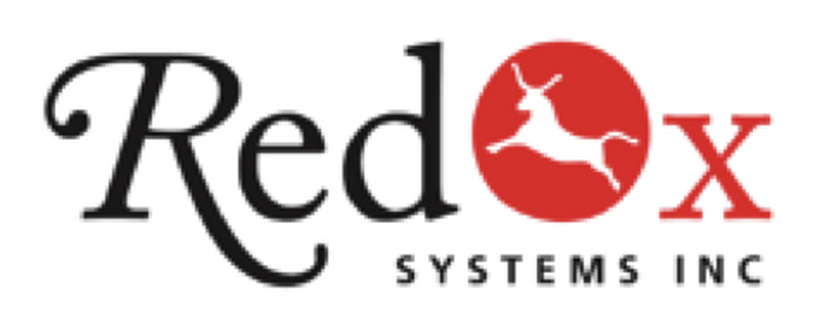Sabin Stories: RedOx

The Sabin Stories will introduce you to former winners of the Sabin Sustainable Venture Prize as they share experiences and reflect on their time as student entrepreneurs at Yale.
RedOx is not only the name of a cluster of oxidation-reduction reactions in electrochemistry, but also a Yale student-run venture that won the Sabin Sustainable Venture Prize in 2012.
David Kohn, YC’11 and Claire Henly, YC’11were students in Engineering and Environmental Sciences when they got inspired to develop an innovative technology for chemical desalination of highly contaminated water. With the support of fellow students, Yale professor Andre Taylor and mentors, he co-founded RedOx. The technology was treating water from fracking sites.
The venture made good use of the boutique at the time Yale entrepreneurial resources. The Sobotka Seed Stage Venture Grant and the Yale Entrepreneurial Institute Summer Fellowship Program were just a few of the grants that supported the innovative team along its way. RedOx also got national recognition winning the National Science Foundation Innovation Corps Grant in 2012. The experience with start up incubators and the access to a pool of mentors and constructive resources were all good training for the team.
The Sabin Prize provided further credibility, valuable connections and confidence as RedOx went on conquering first places in entrepreneurial competitions around the region. In 2012 they were a National Finalist & Air, Water and Waste Category Winner in the CleanTech Open Competition as well as Awardees of the Connecticut Innovations Techstart Program.
The determination and passion of the team led them to great heights, but they nevertheless faced a lot of challenges. “When talking about sustainable technology, you are looking to disrupt very big and well established industries. Competing with corporations that have solid market penetration could be an insurmountable hindrance for small businesses” shares David.
The co-founder of RedOx believes that there should be more attention and support allocated to hard technology start-ups. “There is a lot of technology risk and it can be tricky to raise capital”. Yet, we need to revamp the cleantech space and have a friendlier environment for developing disruptive capital-intensive technologies.
As pieces of advice to aspiring entrepreneurs, David highlights the importance of balance between securing customers and making a product. Managing a team can be an iceberg of responsibility that many people tend to underestimate. Equalizing personal egos and expectations in a team of students and professors is of crucial importance for venture success. Last, but not least David wishes that there were an easier and less burdensome procedure of licensing for new technologies coming out of Yale labs.
Entrepreneurship and the passion for innovation have formed the career of David, who is now part of a battery technology start up, Urban Electric Power. Inspired by the experience with RedOx, the entrepreneur has devoted full time efforts to propelling the space of technology start-ups. “So much funding goes to software companies and ventures that have very well developed technologies that it almost does not open the space for people to innovate.”
Looking back, David is glad that Yale continues to grow its ecosystem for entrepreneurs giving them even more space for market innovation, such as the Center for Engineering and Innovation Design (CEID). This is especially important for ventures that need laboratory space and on average are more capital intensive.